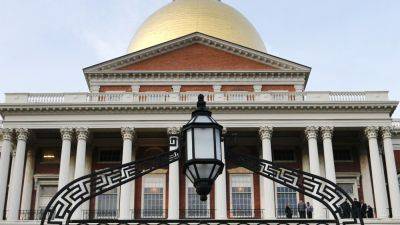Capital gains changes set to be introduced Monday. Here’s what to expect
The Liberal government is set to introduce proposed changes to capital gains taxes in Canada.
Finance Minister and Deputy Prime Minister Chrystia Freeland announced on Sunday that the long-awaited changes, which were originally part of the 2024 federal budget, would be coming Monday.
The proposal, which has spurred a wave of controversy since the announcement, has been pitched by the Liberals as a measure to improve “tax fairness,” generating an estimated $19 billion in revenue over five years for the federal government.
“Tomorrow we will introduce changes that will result in a small number of well-off Canadians paying a little more in tax when they sell a successful investment,” Freeland told reporters Sunday.
Capital gains are the proceeds from the sale of an asset like a stock or an investment property. Currently, all capital gains come with an inclusion rate of 50 per cent, meaning half of the profits from the sale are added to taxable income in that year.
Under the Liberals’ proposed changes, that inclusion rate would rise to 67 per cent on any gains made above $250,000 annually for individuals. That two-thirds inclusion rate would apply to all such gains made by corporations.
Canadians’ principal residences would remain exempt from capital gains taxes.
The Liberals have claimed that the measure will affect only a slim minority of Canadians, estimated at 40,000 people per year.
But some business leaders and other critics have said the move will have consequences beyond a few individual Canadians’ tax bills.
Doctors, lawyers and other professionals have objected to the capital gains tax change since it was announced, saying their ability to retire and take time off is contingent on profits made from their practices.
The






